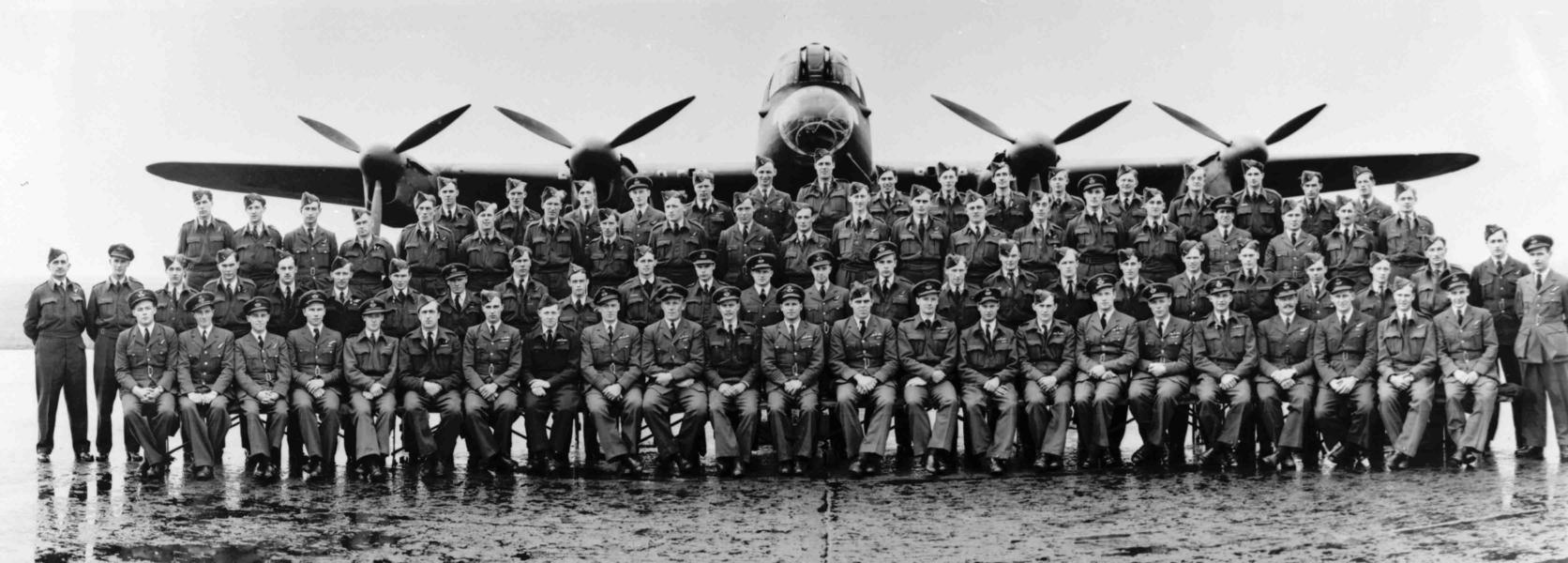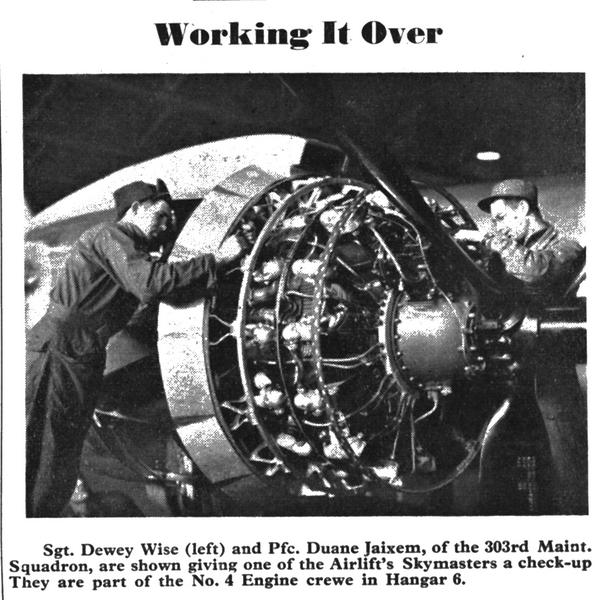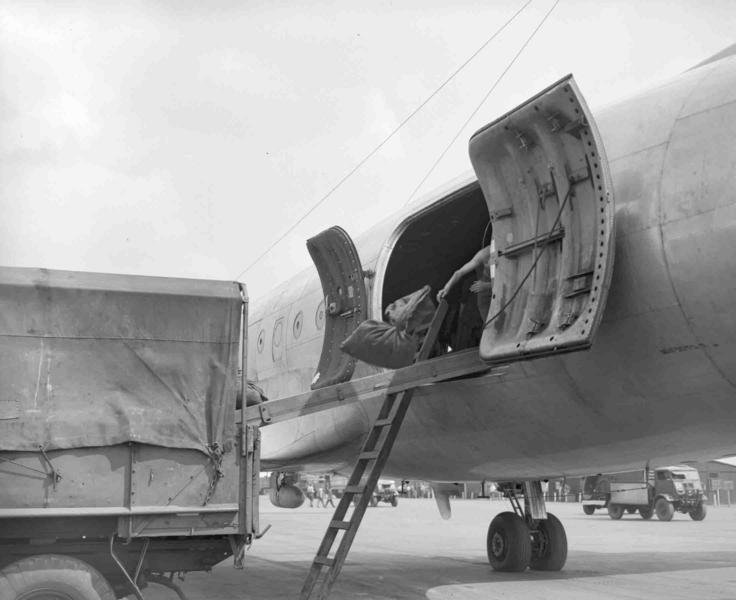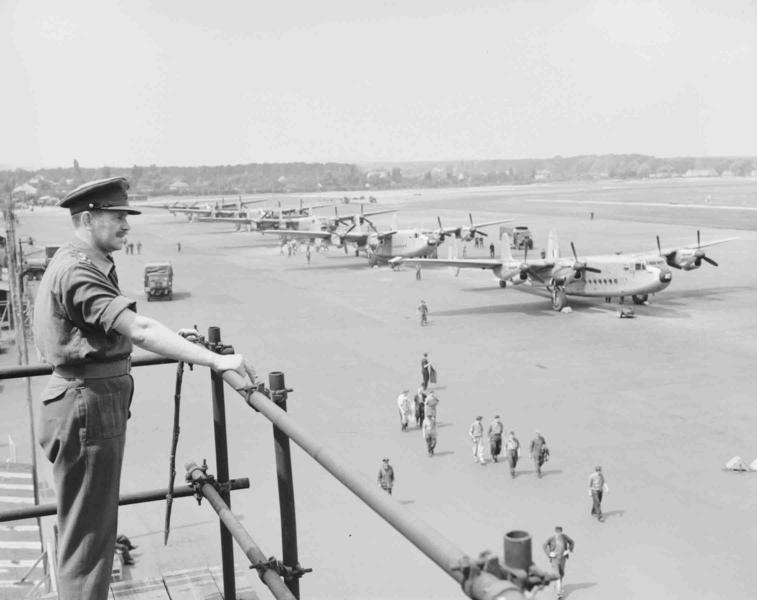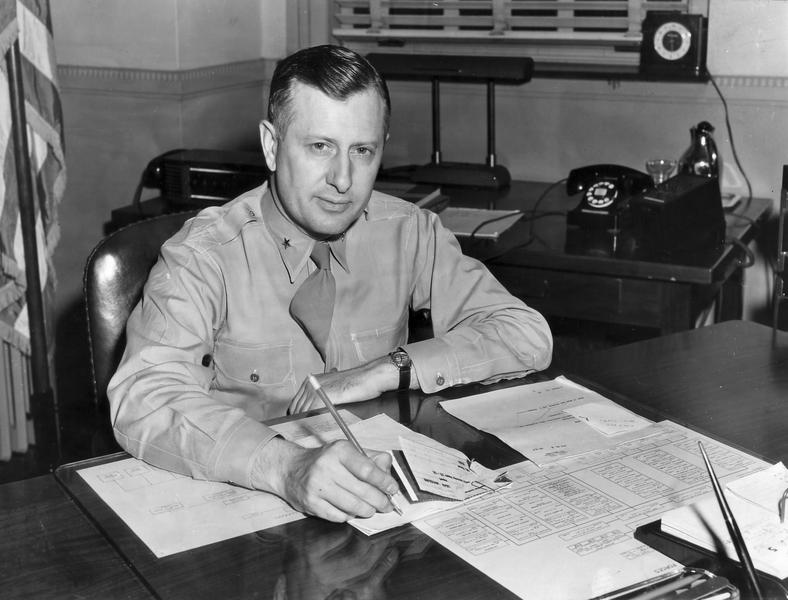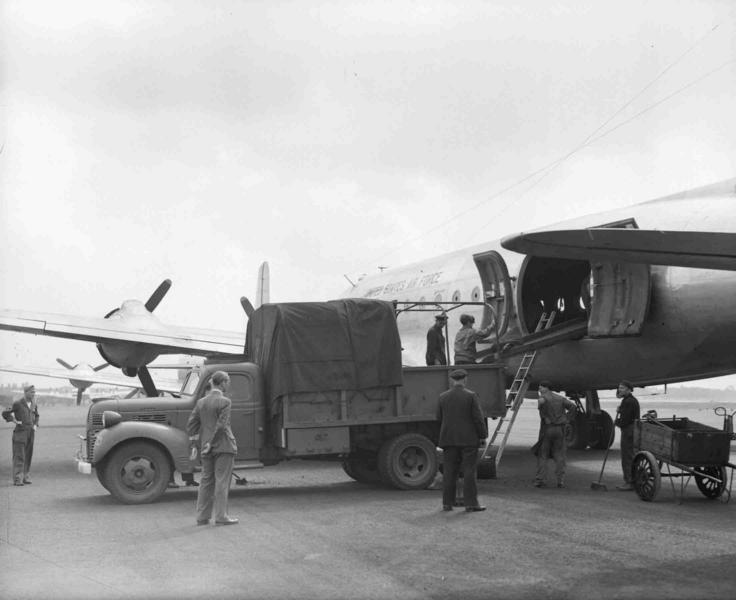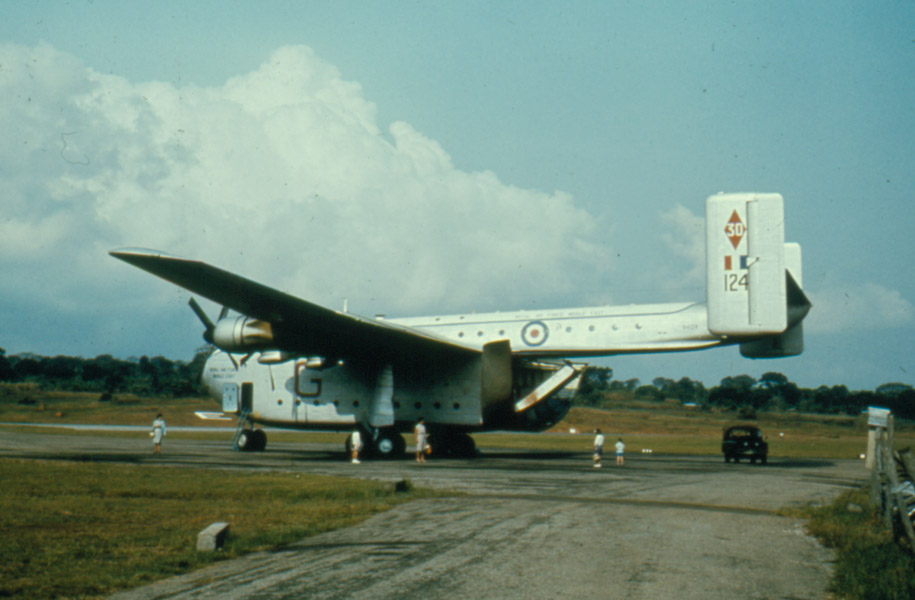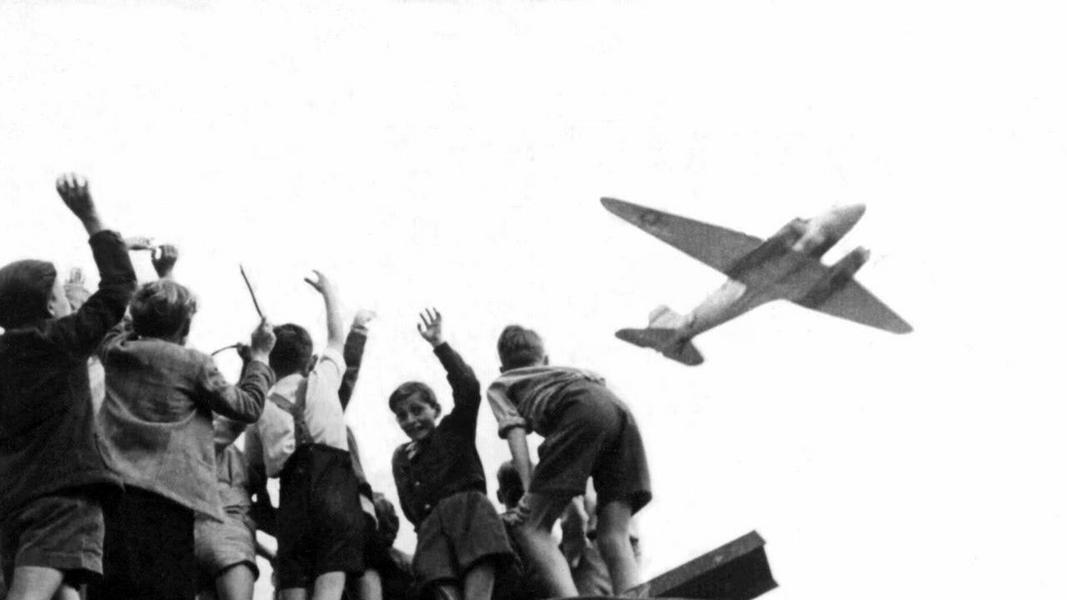of really currency reforms that were going to take place.
The Western Allies wanted to reinvigorate
the economy of Germany, you know,
not just East and West Germany,
at that time, but of a Germany,
and they wanted to replace the old Reichsmark,
which was a very inflation-prone currency
into the Deutsche Mark.
Well, the Soviets didn't want that,
because that would undermine the Eastern economy,
in East Berlin, as well as East Germany,
and it's really not initially a confrontation
with Communism and democracy.
It's currency!
So the day that the Deutsche Mark was introduced,
or the day after, the Soviets blockaded all land corridors
that the French, British, and primarily,
the Americans would use, to get to West Berlin.
Well, so we have a war devastated country,
still in 1948.
You know, cities are still rubble in 1948,
the people in West Berlin are basically an island,
about 100 miles, you know, in a red sea of East Germany,
and so, the potential blockade could, you know,
starve these people out, starve them out,
there was inadequate coal and heating supplies,
so basically, the Western Allies needed
to take the initiative, in really, what became one
of the first East/West confrontations of the Cold War,
and do everything we could to save the West Berliners.

